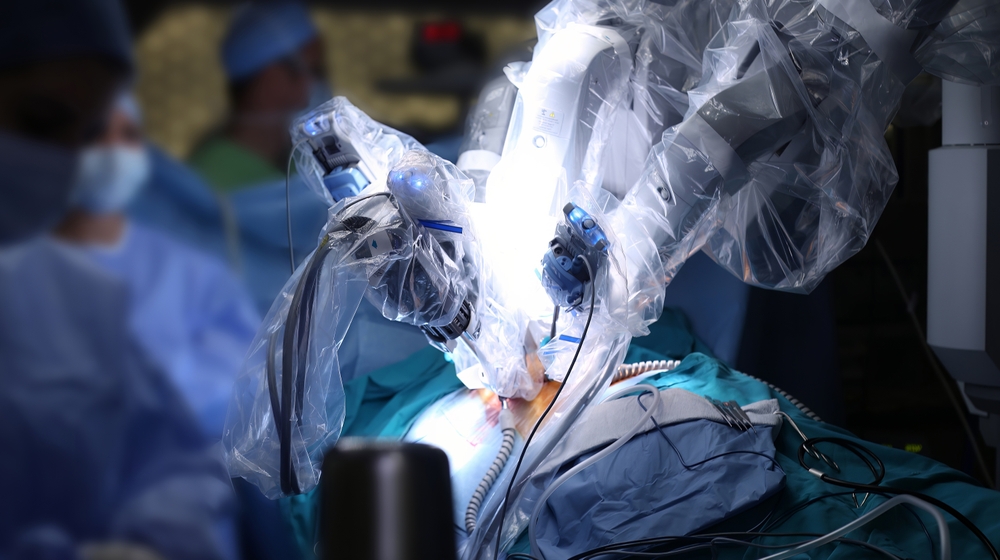Everything to Know About Hyperthyroidism
Hyperthyroidism or overactive thyroid is a medical condition in which your thyroid glands produce more hormones than what is required, mainly T4 hormones. Hyperthyroidism can occur in males and females but is more prominent in females. Here in this guide, we are going to discuss in detail all the things that you should essentially know about hyperthyroidism:
Signs and Symptoms of hyperthyroidism
In some cases, hyperthyroidism can mimic other health issues, which makes it difficult for the doctor to diagnose hyperthyroidism. Here are a few hyperthyroidism symptoms one is prone to witness if they have hyperthyroid:
- Increased appetite
- Sweating
- Heat sensitivity
- Anxiety and nervousness
- Irregular heartbeat of arrhythmia
- Rapid heartbeat or tachycardia
- Palpitations or pounding of the heart
- Sleep disruption
- Brittle hair
- Changes in bowel movement
- Enlarged thyroid gland or goitre
- Skin thinning
- Muscle weakness
- Trembling of hands
- Change in menstrual pattern
- Muscle weakness
- Mood swings
Besides these symptoms, sometimes older adults show no or subtle symptoms such as increased heart rate, fatigue after performing everyday work, heat intolerance, etc.
Causes of hyperthyroidism
Here are a few causes that lead to hyperthyroidism:
Graves’ disease
It is an immune system disorder that causes hyperthyroidism in maximum cases (more than 70%), which causes your thyroid glands to secrete an excess of t4 hormones. It is also a hereditary disease that can be passed down to the next generation. If any member of a family has Graves’ disease, there is a high chance that some other person in the family can have it too. This condition mostly shows up in females.
Thyroiditis
Thyroiditis is a condition that causes thyroid gland inflammation and results in the leakage of thyroid hormones out of the thyroid glands. It can be painful or silent. Thyroiditis may also occur after delivering a baby, known as postpartum thyroiditis. Thyroiditis may make it difficult for a person to recover from thyroid issues, possibly leading to hypothyroidism.
Excess of iodine consumption
Iodine mineral is used by the thyroid glands for the production of thyroid hormone. When people consume an excess of iodine either through their diet or medications, the thyroid glands produce more thyroid hormones, resulting in hyperthyroidism. Also, the consumption of medications such as Amiodarone can cause hyperthyroidism because it has a huge quantity of iodine in it.
Complications of hyperthyroidism
There are numerous complications that can result due to hyperthyroidism. Here are a few of them:
- Red or swollen skin: Though rare, people with hyperthyroidism can also develop Graves dermopathy, which causes swelling of the skin and redness on the feet and shins.
- Eye issues
In some cases, people with hyperthyroidism develop different types of eye problems, such as swollen eyes, red eyes, blurring vision, light sensitivity, and even double vision. Thus, it is necessary to get such issues treated at the earliest, or it may even lead to vision loss.
- Heart problems
Hyperthyroidism can also give birth to some serious complications, such as heart problems. Heart complications may include heart rhythm disorder, risk of stroke, rapid heart rate, and even congestive heart failure in which the heart becomes unable to circulate enough amount of blood required to fulfill the needs of the body.
- Thyrotoxic crisis
It is a condition that intensifies the symptoms of hyperthyroidism which causes rapid pulse, fever, and even delirium. If you happen to fall prey to a Thyrotoxic crisis, make sure that you seek immediate medical assistance.
- Brittle bones
Hyperthyroidism also leads to weak and brittle bones. The bone strength depends on the minerals and calcium content present in it. In the case of hyperthyroidism, the thyroid hormones start interfering with the body's ability to incorporate calcium in the bones.
Treatment for hyperthyroidism
There are numerous treatment alternatives for hyperthyroidism. Based on the cause of hyperthyroidism, a doctor prescribes the best hyperthyroidism treatment plan that stands suitable for their patient. Here are a few of them:
- Anti-thyroid drugs
These medications block the ability of the thyroid glands to produce thyroid hormones which can help in gaining control over the excess T4 hormone production.
- Beta Blockers
Beta blockers prevent the action of thyroid hormones in your body. This type of treatment is usually coupled with other treatment alternatives and is prescribed for the long term. It doesn’t alter the thyroid hormone production level but can help gain control over the symptoms of hyperthyroidism, such as nervousness, rapid heartbeat, etc.
- Radioactive iodine
It is an oral medicine that is prescribed to people with hyperthyroidism. This drug damages the overactive thyroid cells causing the thyroid gland to shrink. This further reduces thyroid hormone production for a few weeks. These medications may cause permanent destruction of the thyroid glands that can help cure hyperthyroidism. In most cases, people who take this treatment may have to continue the medicines for a lifetime.
- Surgery
In some cases, the doctor may also suggest the patient undergo thyroidectomy, which is a surgical procedure that deals with the removal of thyroid glands. This surgical method aids in treating hyperthyroidism but can cause hypothyroidism. In such a condition, the patient may have to take thyroid supplements lifelong to balance the thyroid hormone levels.
When should you visit a doctor?
If you are experiencing rapid weight loss, unusual sweating, rapid heartbeat, or any of the symptoms mentioned above, it is always a good idea to reach out to your doctor to get a hyperthyroidism diagnosis. Also, it is necessary that you give a brief detail about the changes you have been noticing because hyperthyroidism can also be associated with other health conditions. On the contrary, if you are undergoing treatment for hyperthyroidism, make sure that you pay regular visits so that the doctor can monitor your condition.






